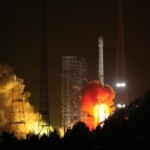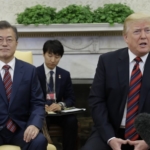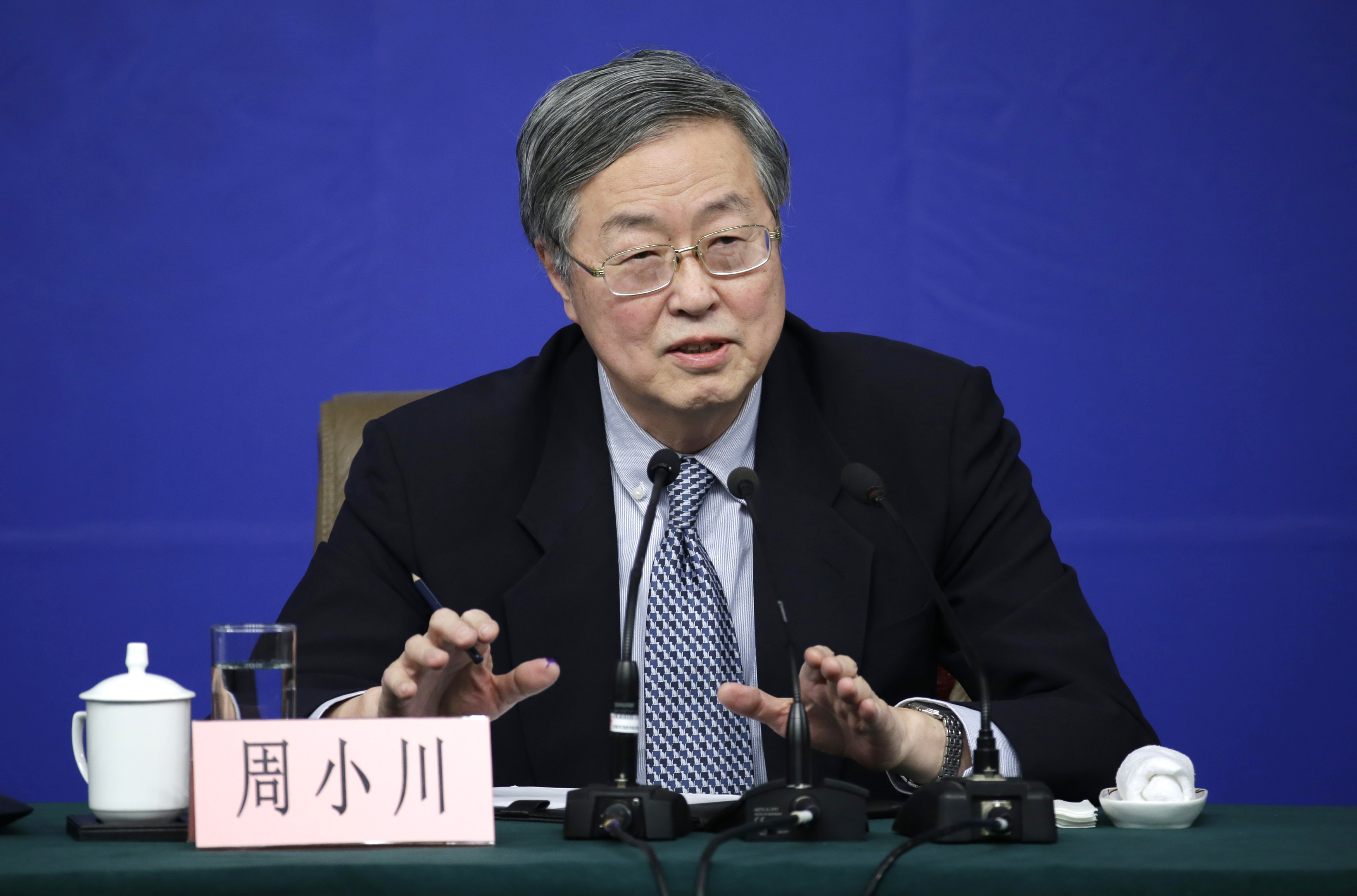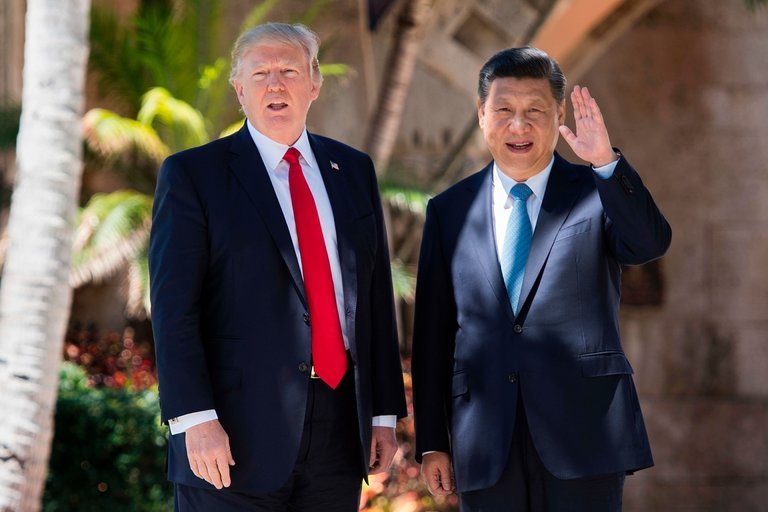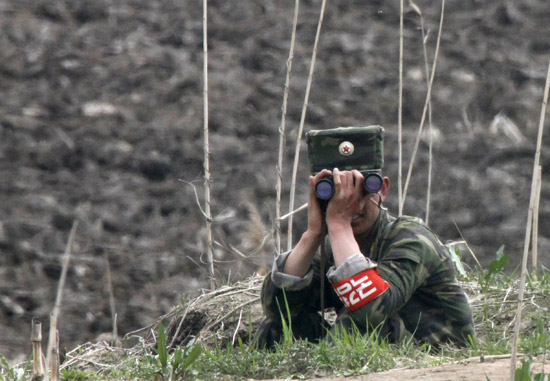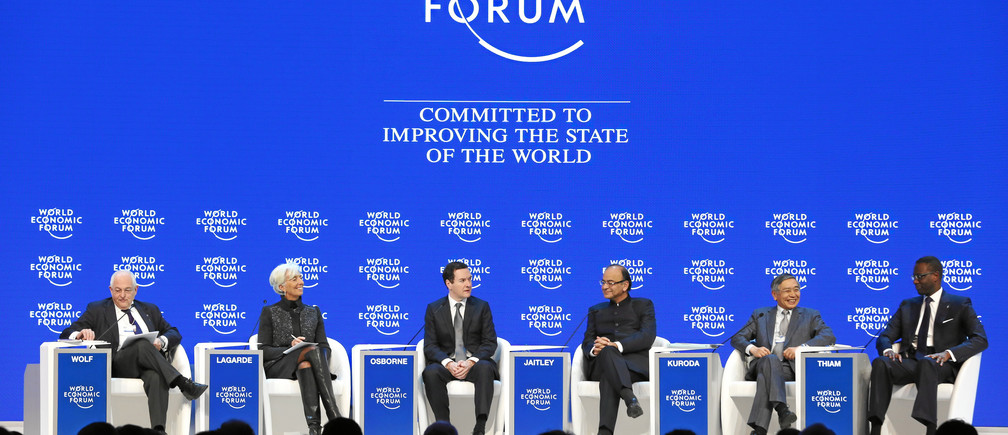China offers support to Spanish government amid Catalonia crisis
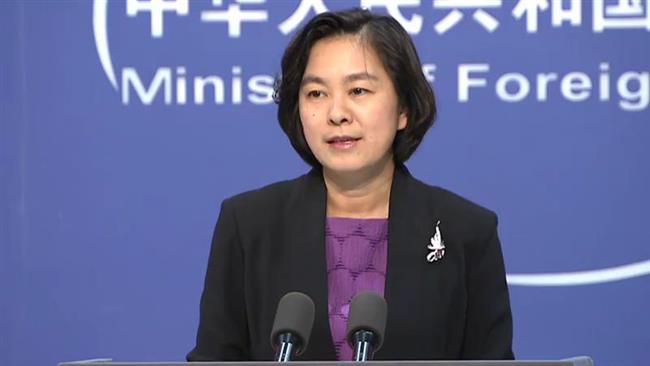
China understands and supports the Spanish government’s efforts to protect the country’s unity and territorial integrity, Beijing said on Thursday, amid moves by Catalonia to declare independence. Foreign ministry spokeswoman Hua Chunying told a daily news briefing. China “understands and supports the Spanish government’s efforts to protect national unity … and its territorial integrity”, Hua said. It believes Spain has the ability to guarantee social order and people’s interests in accordance with the law, she said. Beijing says it adheres to a policy of non-interference in other countries’ internal affairs, but it generally takes a dim view of independence or secessionist movements around the world. hough it generally remains officially agnostic on such issues abroad, Beijing has expressed more openness towards independence votes when both sides have agreed to them, such as Scotland’s unsuccessful 2014 referendum to leave the United Kingdom, and South Sudan’s 2011 vote in favour of independence from Sudan.



